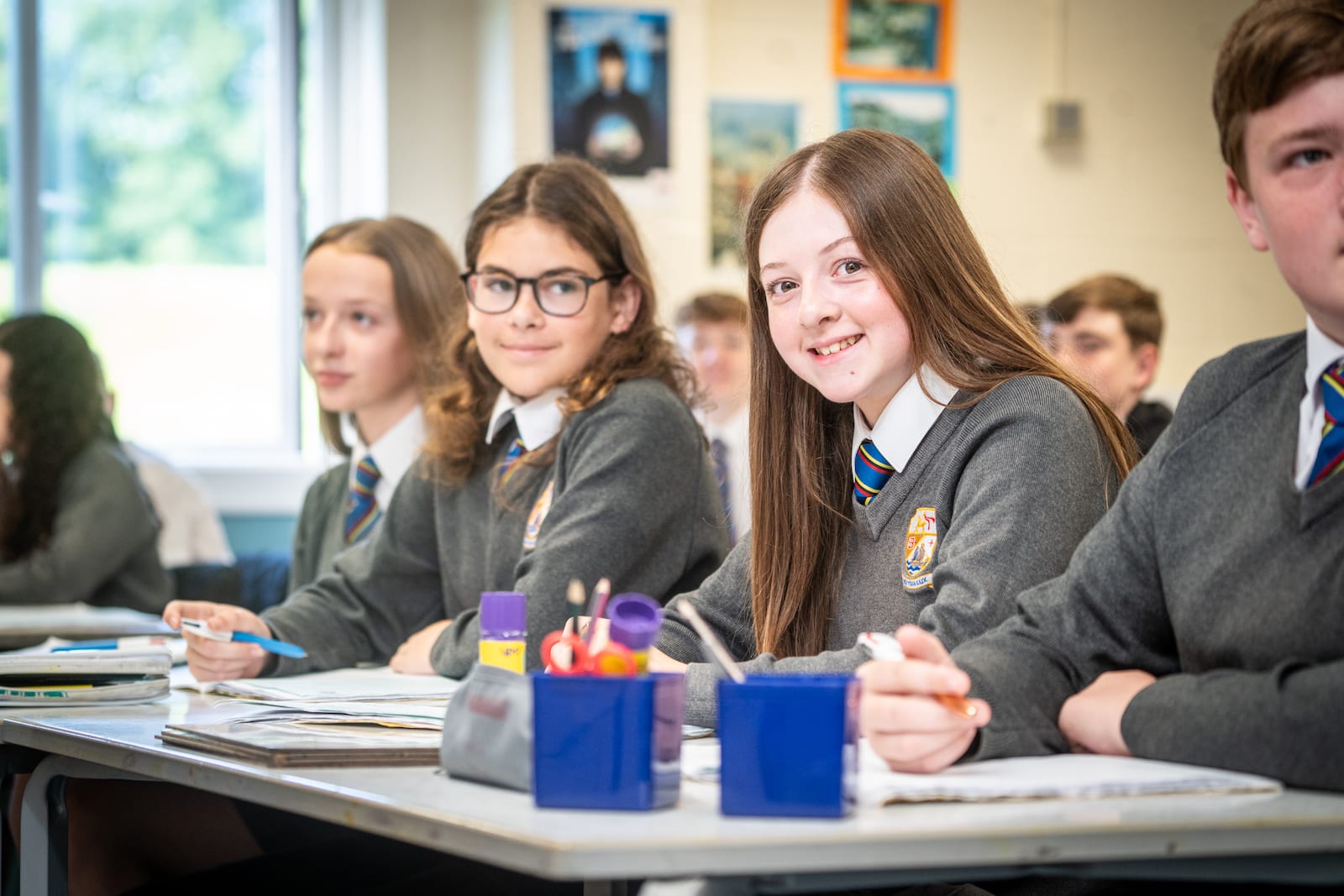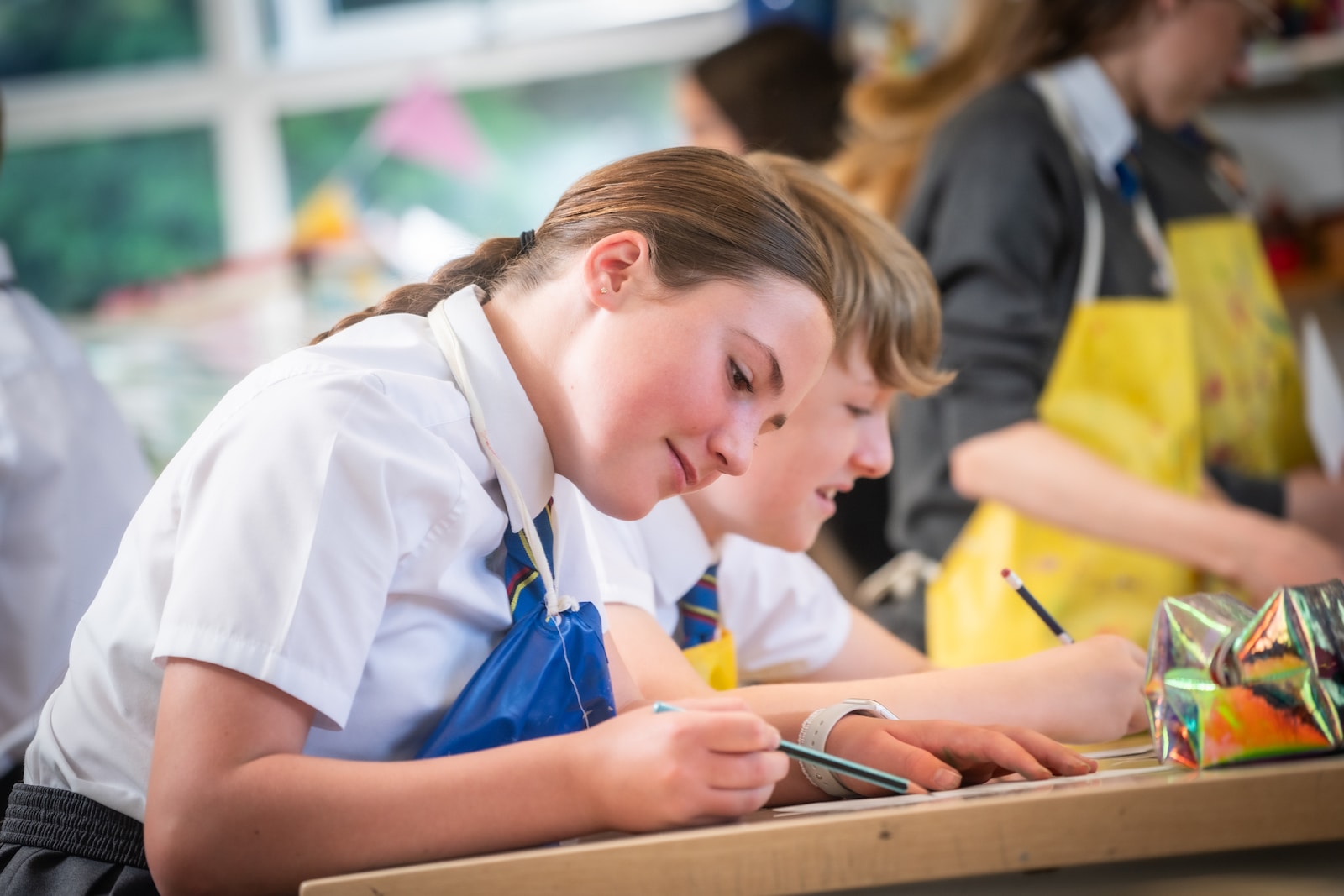The department intent is for students to embrace the use of technology as a part of their everyday lives. We aim to create learners who are skilled in different types of software applications which allows them to express themselves artistically.
Pupils are exposed to problem solving; learn skills that underpin other subjects whilst always being aware of technology in the world around them.
We promote a love of technology and build pupils’ confidence, ability, and skills for whole life.
Pupils get 1 hour per week in year KS3. All pupils are taught by the curriculum leader, Mr Moore.
Pupils will cover the following topics:
- E-Safety & Functional IT Skills
- Control Systems using Flowol
- Scratch Game Programming
- Turtle Programming in IDLE
- Interactive IT Project
- Computer Hardware & Networks
- Cyber Security & Encryption
- Spreadsheet Modelling using MS Excel
- Kodu Gaming Lab
- Digital Graphics
- Data Representation (Binary, ASCII, Hexadecimal)
- Systems Architecture
- Python Programming
- Ethical & Legal Issues of IT
- Multimedia Project
GCSE Computer Science
At St Bede’s all students follow the OCR GSCE scheme of work:
Paper 1 - J277/01: Computer systems
Written paper: 1 hour and 30 minutes, 50% of total GCSE, 80 marks
This component will assess:
1.1 Systems architecture
1.2 Memory and storage
1.3 Computer networks, connections and protocols
1.4 Network security
1.5 Systems software
1.6 Ethical, legal, cultural and environmental impacts of digital technology
Paper 2 - J277/02: Computational thinking, algorithms and programming
Written paper: 1 hour and 30 minutes, 50% of total GCSE, 80 marks
This component will assess:
2.1 Algorithms
2.2 Programming fundamentals
2.3 Producing robust programs
2.4 Boolean logic
2.5 Programming languages and Integrated Development Environments
Pearson BTEC Digital IT
Component 1 - Exploring User Interface Design Principles and Project Planning Techniques
Coursework unit: 30% of total BTEC, 60 marks
This component will assess:
Learning outcome A: Understand interface design for individuals and organisations
Learning outcome B: Be able to use project planning techniques to plan, design and develop a user interface
Learning outcome C: Be able to review a user interface
Component 2: Collecting, Presenting and Interpreting Data
Coursework unit: 30% of total BTEC, 60 marks
This component will assess:
Learning outcome A: Understand how data is collected and used by organisations and its impact on individuals
Learning outcome B: Be able to create a dashboard using data manipulation tools
Learning outcome C: Be able to draw conclusions and review data presentation methods
Component 3: Effective Digital Working Practices
External exam unit: 40% of total BTEC, 60 marks
This component will assess:
A Modern technologies
B Cyber security
C The wider implications of digital systems
D Planning and communication in digital systems
Pupils actively participate in lessons and make informed choices when accessing information so that they are aware of their own and other people’s rights and responsibilities. They learn about how technology makes positive and negative contributions to society, the environment and citizens. Pupils are free to express themselves and lessons are a safe space where they can all feel comfortable to make contributions. We encourage pupils to take pride in their work and to be helpful to other pupils who are struggling.
Pupils can take many of the applications they have been exposed to in their lessons and download them for free. This allows them to try out their own ideas and improve their digital literacy.


